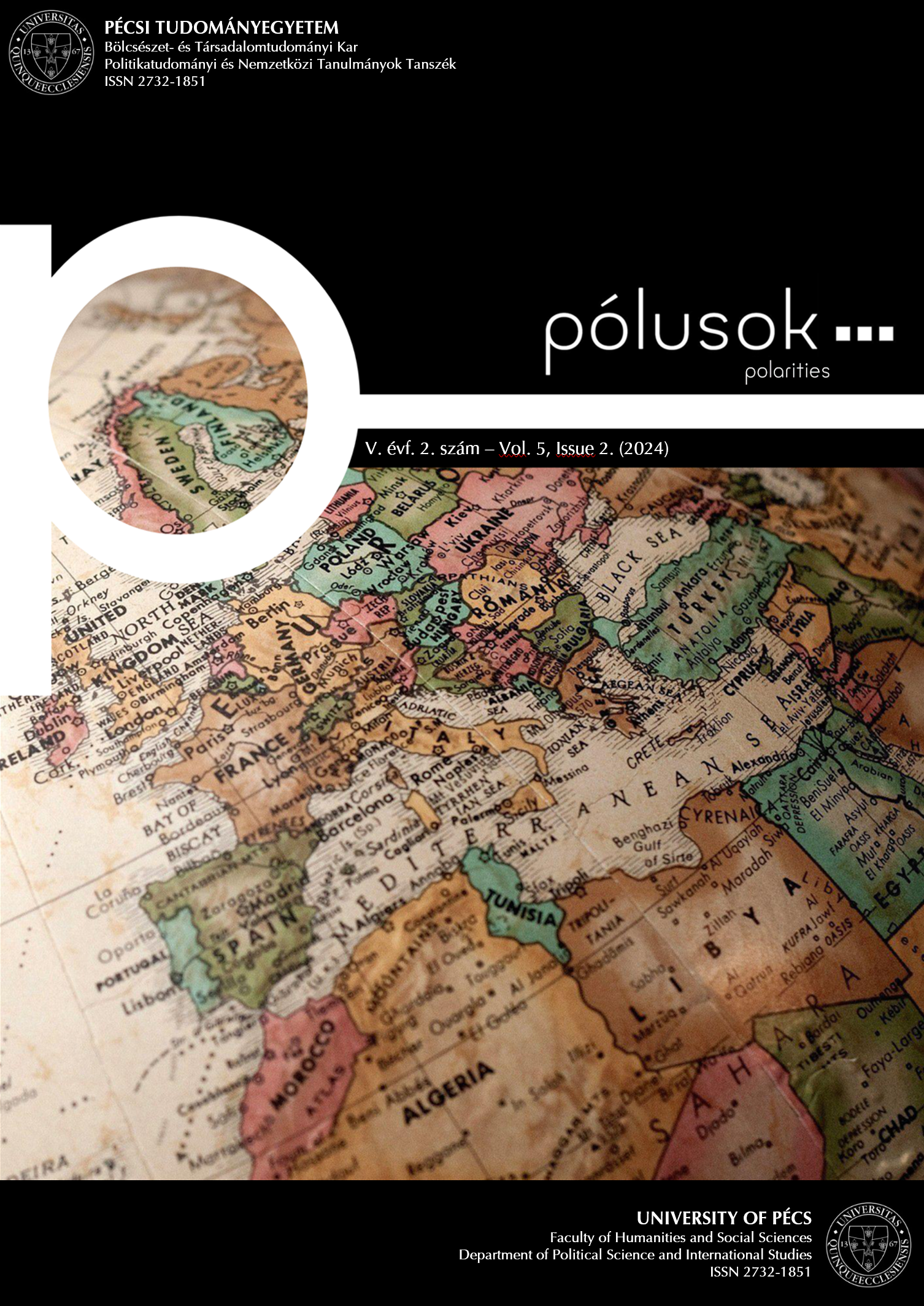Human Rights Implications of EU Agreements Concluded with Turkey, Morocco, Libya and Tunisia
DOI:
https://doi.org/10.15170/PSK.2024.05.02.02Abstract
The loss of thousands of migrants’ lives at the European borders has raised questions about the European Union’s (EU) commitment to its role as a promoter of human rights. The EU’s management of migration through bilateral agreements has demonstrated challenges in adequately protecting the rights and dignity of migrants and asylum seekers. Human rights principles should be universal to all individuals regardless of their migration status ensuring their freedom and dignity. This paper argues for the adoption of a human rights-oriented approach in such agreements comparing the implications and dimensions of human rights in these agreements on Türkiye and Northern African countries, notably Morocco and Libya offering insights across different regions. This paper will examine the human rights implications of these agreements considering the continued increase in migration flows to the EU and the efforts to manage them. Furthermore, it evaluates the mechanisms to address human rights within the migration agreements as well as their interaction with international laws and EU policies. By looking at the human rights challenges in these agreements, the paper contributes to the ongoing debates on migration policies prioritizing human rights in EU decision-making in future migration agreements.
Downloads
Published
How to Cite
Issue
Section
License

This work is licensed under a Creative Commons Attribution-NonCommercial-ShareAlike 4.0 International License.











